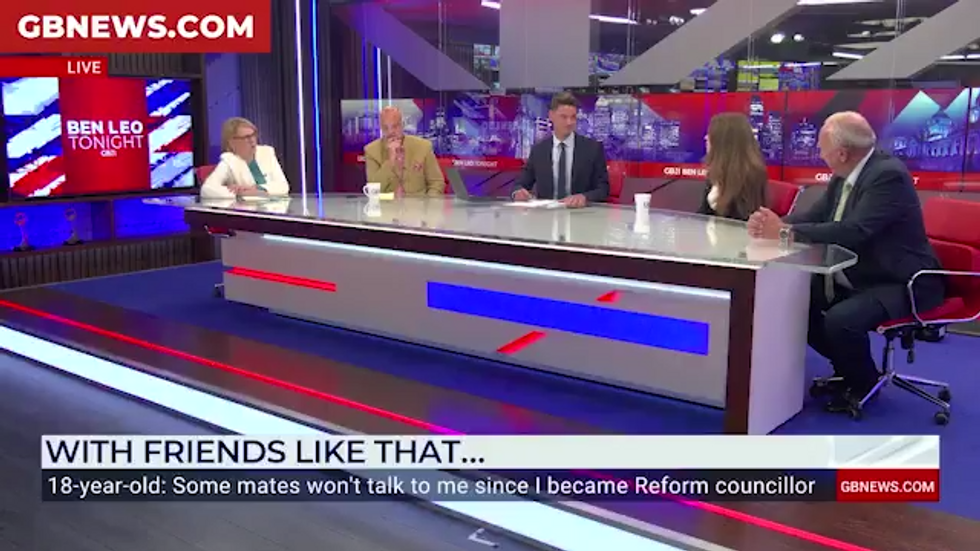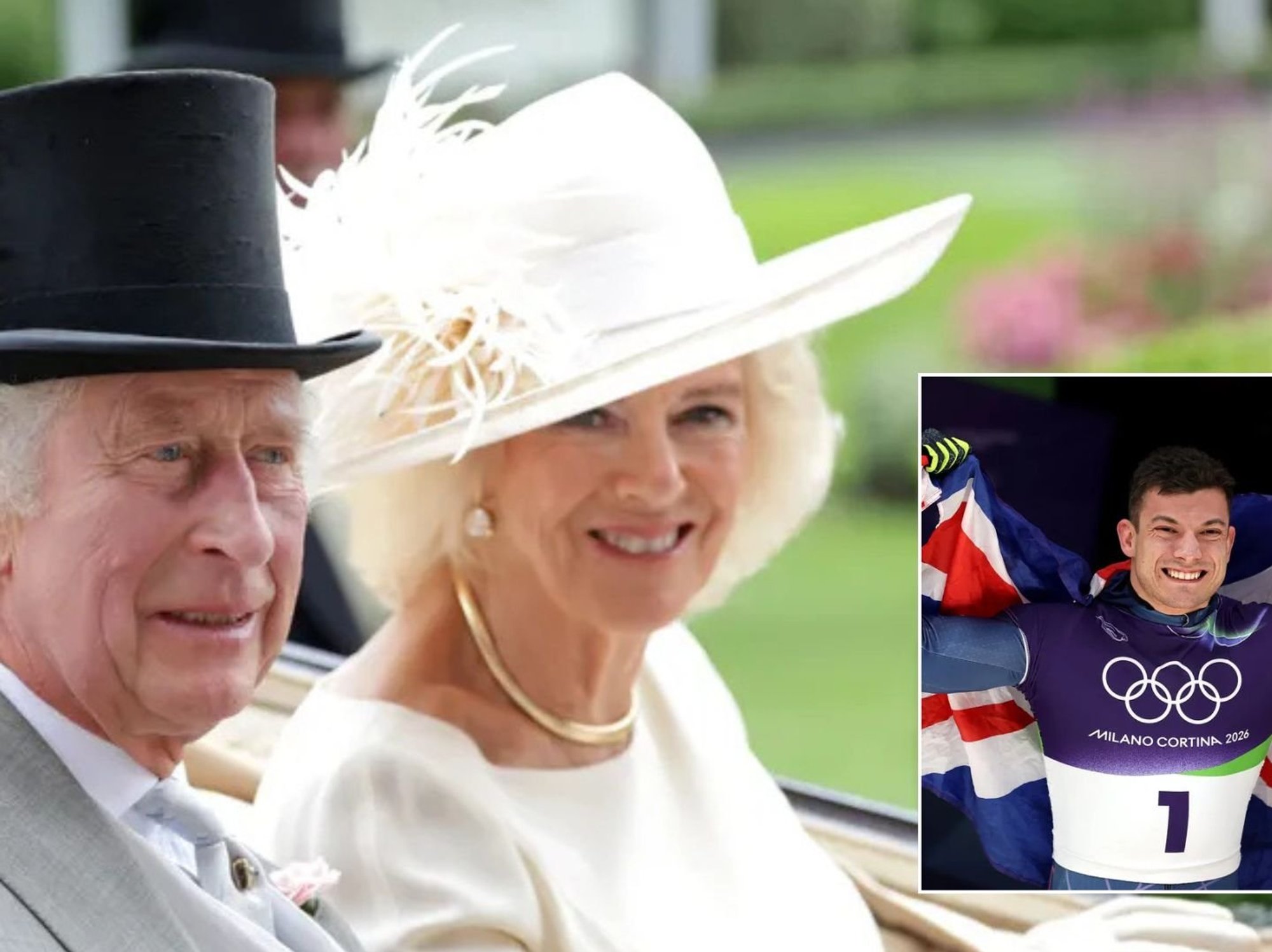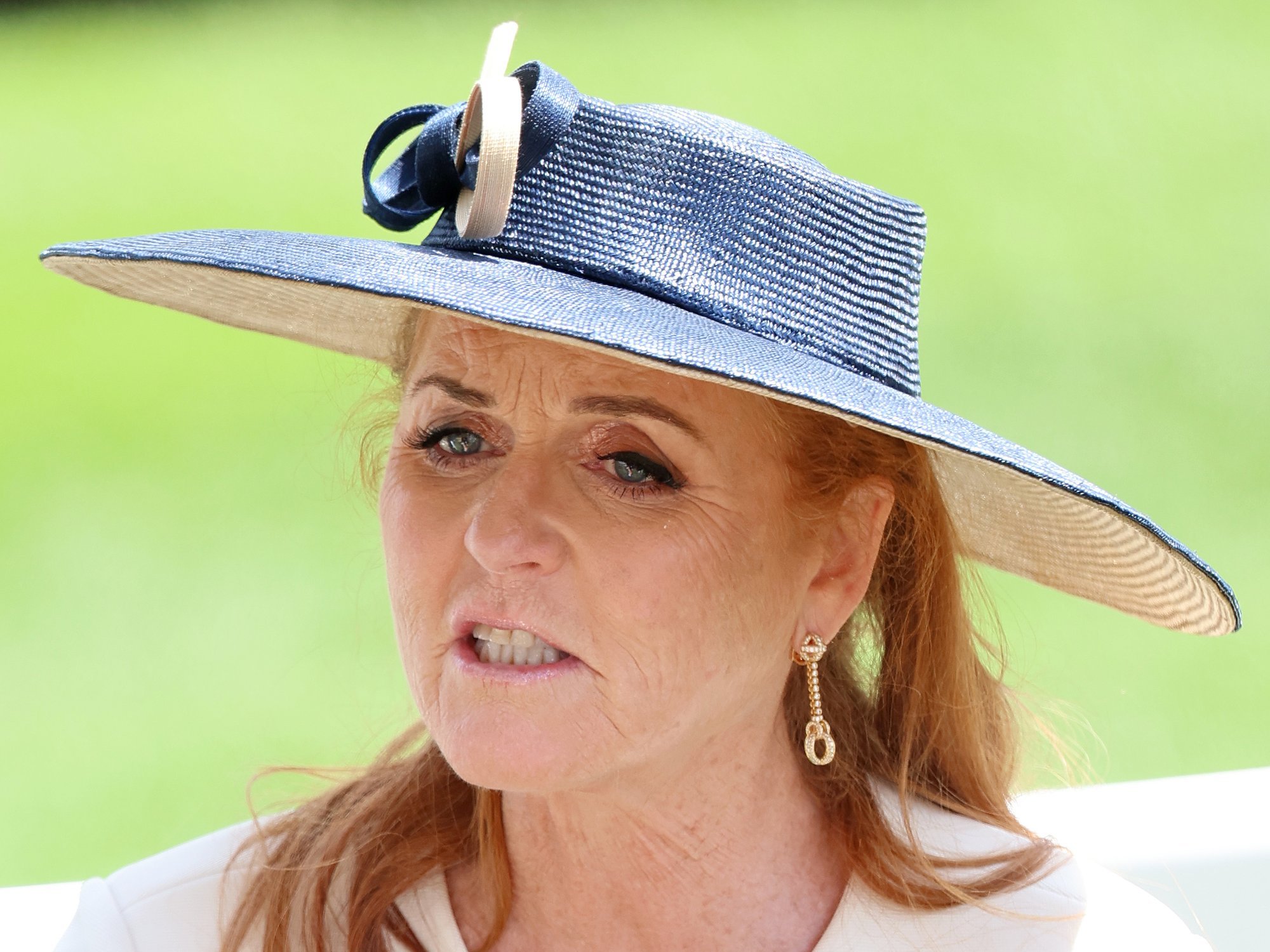Teenage Reform councillor ostracised by friends for standing by her beliefs: ‘I’ve heard nothing from them’

Teenage Reform councillor ostracised by friends for standing by her beliefs: ‘I’ve heard nothing from them’ |
GB NEWS

Churcher said her former friends refuse to acknowledge her
Don't Miss
Most Read
Trending on GB News
A teenage councillor representing Reform UK has found herself completely isolated by her college peers after disclosing her political affiliation.
Sienna Churcher, who serves on Barrow Town Council, discovered that her entire friendship group ceased all communication once they learned she was standing for Nigel Farage's party.
"I had a group of friends in college and I have heard nothing from them since," Churcher told GB News.
The A-level student explained that her former companions, who strongly support Labour, cut contact immediately after she revealed her candidacy for Reform.

Sienna Churcher says her friends will not speak to her anymore
|GB NEWS
The social rejection extends beyond mere silence. When Ms Churcher enters their shared classroom, her former friends refuse to acknowledge her existence, creating a stark atmosphere of exclusion that highlights the deep personal rifts emerging from political differences amongst young people.
Despite the daily rejection from classmates who share her lessons, Mr Churcher maintains a remarkably stoic attitude towards the situation.
LATEST DEVELOPMENTS
- Angela Rayner accuses Nigel Farage of 'failing young women' as Online Safety Act row rumbles on
- Cannock local makes heartbreaking admission during face-off with counter protesters: 'Not right’
- 'I'm the boss!' Nana Akua forced to shut down guests as fierce migrant row boils over
"It doesn't upset me," she stated, demonstrating resilience in the face of social isolation.
The young councillor questioned the intolerance shown by her former companions, expressing bewilderment at their inability to accept political diversity.
"I knew they believed in Labour and I didn't have a problem with that," she explained. "Why do they have a problem with me?"
When questioned about whether the college had offered any support regarding the ostracism, Churcher indicated that no intervention had occurred.
Rather than dwelling on the personal cost, she remains focused on her ambitions, declaring her intention to "pursue a career in politics" despite the challenging circumstances she faces amongst her peers.
The political tensions affecting Ms Churcher personally reflect broader conflicts between Reform UK and Labour on the national stage.

Sienna Churcher spoke on the GB News panel
|GB NEWS
Just two days ago, Mr Farage wrote to the Prime Minister demanding his party's right to appoint peers to the House of Lords, citing Reform's four MPs and control of ten councils as justification for inclusion in the nomination process.
The parties have also clashed over women's safety online, with Labour ministers Angela Rayner and Jess Phillips criticising Reform's plans to repeal the Online Safety Act. Additionally,
Reform's deputy leader Richard Tice has accused Labour of breaking promises on healthcare provision, specifically regarding osteoporosis screening services that could prevent deaths and reduce suffering in constituencies like Boston and Skegness.
Ms Churcher remains steadfast in her commitment to represent her community despite the social consequences. She emphasised her dedication to serving "hardworking people who deserve to be supported by this Government," demonstrating that her political convictions outweigh the personal sacrifices required.

Sienna Churcher joined Ben Leo on GB News
|GB NEWS
The young councillor's experience illustrates the increasingly polarised nature of British politics, where political affiliations can fracture personal relationships even amongst teenagers.
Her determination to continue pursuing a political career whilst navigating daily rejection from peers showcases both the challenges facing young politicians and the depth of political divisions permeating educational institutions.
As Reform UK continues to position itself as a significant opposition force, currently leading in opinion polls, stories like Ms Churcher's reveal the human dimension of political allegiance in contemporary Britain.
More From GB News










